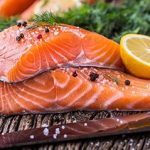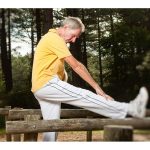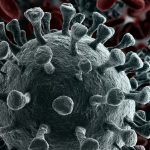
Consuming greater amounts of certain omega-3 fatty acids found in fish may reduce the risk of asthma in kids — but only those with a common gene variant, British researchers say. They focused on the long chain omega-3 fatty acids eicosapentaenoic acid (EPA) and docosahexaenoic acid (DHA), which are known to have anti-inflammatory properties. “Asthma is the most common chronic condition in childhood and we currently don’t know how to prevent it,” said study senior author Seif Shaheen, of Queen Mary University of London. “It is possible that a poor diet may increase the risk of developing asthma, but until now most studies have taken ‘snapshots’, measuring diet and asthma over a short period of time,” he said in a university news release. To find out if intake of omega-3s might matter, the researchers analyzed data on more than 4,500 Britons who were born in the 1990s and whose health has been tracked since birth. The researchers analyzed the association between intake of EPA and DHA from fish at 7 years of age and rates of newly diagnosed asthma in these kids as they reached 11 to 14 years of age. Overall, omega-3 intake from fish was not associated with asthma onset. But it did seem tied to a lower odds for asthma in a subgroup of children with a particular genetic makeup. The DNA… read on > read on >














